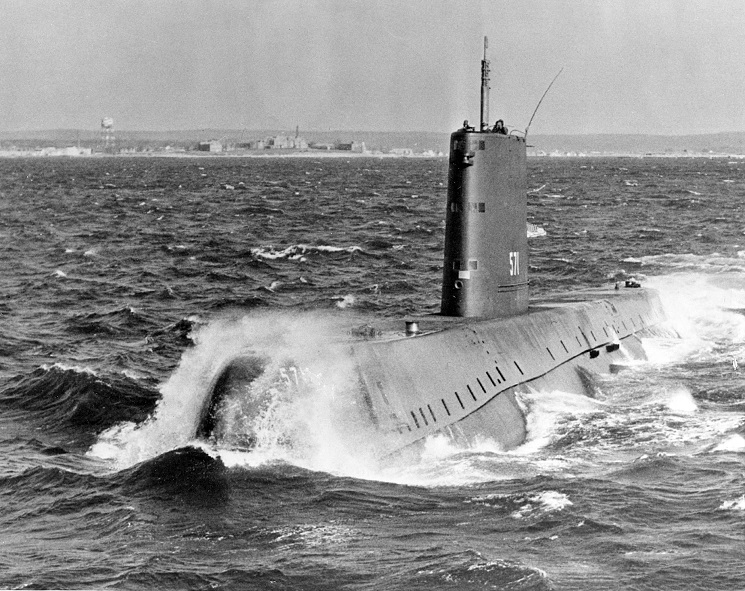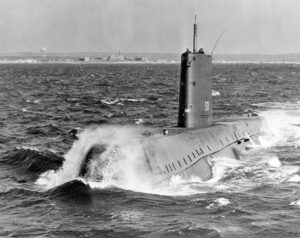
The following is an excerpt of an article written by John Carlson, Non-Resident Senior Fellow, VCDNP. The full article was published on 8 October 2021, while a follow-up supplementary document was updated on 15 February 2022 and addresses the application of verification measures to nuclear material in non-proscribed military use. Both documents are available below.

The announcement on 15 September 2021 of a proposal for the United States and the United Kingdom to supply Australia with nuclear-powered submarines has sparked a flurry of commentary on the so-called “loophole” for naval fuel in the Nuclear Non-Proliferation Treaty (NPT) and International Atomic Energy Agency (IAEA) safeguards agreements, and the potential consequences for the non-proliferation regime. Claims that the proposal will open a “Pandora’s box of proliferation” are overstated. Very few states are likely to pursue nuclear-powered submarines, they are too complex and too expensive. Further, as will be discussed, the safeguards “loophole” is not as open as some think. Nonetheless, the need for appropriate arrangements to assure naval fuel is not diverted to nuclear weapons has been recognised for many years; the Australian proposal presents the opportunity to develop detailed approaches on this issue.
The Australian, UK and US governments have announced the creation of an “enhanced trilateral security partnership”, with the acronym AUKUS, which will include, inter alia, provision to Australia of at least eight conventionally-armed, nuclear-powered submarines. All three governments have emphasised that Australia has no plans to acquire nuclear weapons and that the proposal will be fully consistent with Australia’s longstanding commitment to nuclear non-proliferation.
The three governments have undertaken to pursue this proposal in a way that reflects vigorous verification standards, in partnership with the IAEA, and engagement with the IAEA has commenced. There will be an 18-month consultation process to determine the various elements of the proposal, especially safeguards and non-proliferation measures and how to ensure full compliance with each party’s NPT commitments.
At this stage it has not been decided whether the submarines will be US or UK models (Virginia-class or Astute-class respectively). In either case the submarine reactors would be supplied with lifetime cores, meaning that Australia will not produce the fuel and will not be refuelling the reactors. At the end of each submarine’s operating life, expected to be around 30 years, the submarine with its reactor and fuel will be returned to the supplier.
One aspect of these submarines, contentious for many commentators, is that, in line with current US and UK practice, the fuel will be highly-enriched uranium (HEU), at weapon-grade enrichment (around 93% U-235). Here, an important feature of these submarines is that, because the reactor does not require refuelling, the reactor is built into the hull without provision of refuelling hatches. The fuel is inaccessible without cutting into the hull, requiring substantial rebuilding before the submarine can return to service. The significance of this is discussed later in this paper.
The following paper is supplementary to the above article, has been revised from its original form from 12 October 2021. The supplementary paper discusses the interpretation of the IAEA Statute and comprehensive safeguards agreements with respect to the use of nuclear material in military activities such as naval propulsion, and the factors the IAEA Board of Governors should take into account in considering such proposals.


